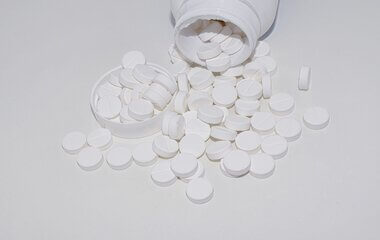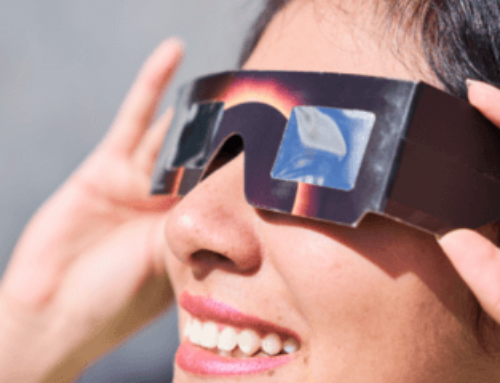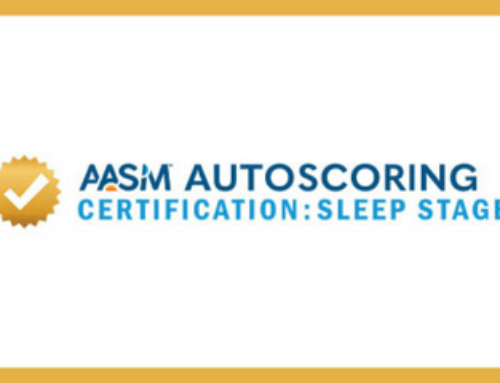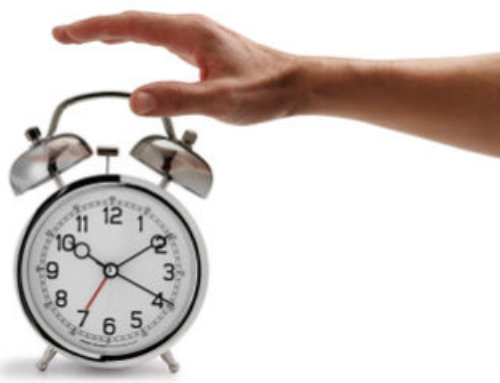Melatonin use among children and teenagers is on the rise, and the Centers for Disease Control and Prevention reports increased calls to poison control centers and visits to the emergency room, primarily because of more unintentional melatonin ingestions in young children. Today, the American Academy of Sleep Medicine released a health advisory encouraging parents to talk to a health care professional before giving melatonin or any supplement to children.
Melatonin is a natural hormone that helps us regulate our sleep-wake timing. While melatonin is widely available over the counter and marketed as a sleep aid, there is little evidence that taking it as a supplement is effective in treating insomnia in healthy children. In addition, melatonin has less oversight since it is regulated by the Food and Drug Administration as a dietary supplement, and research has found that the melatonin content in supplements can vary widely. One study found the most significant variability in melatonin content was in chewable tablets — the form children are most likely to use.
“While melatonin can be useful in treating certain sleep-wake disorders, like jet lag, there is much less evidence it can help healthy children or adults fall asleep faster,” said Dr. M. Adeel Rishi, vice chair of the AASM Public Safety Committee and a pulmonology, sleep medicine, and critical care specialist at Indiana University Health Physicians. “Instead of turning to melatonin, parents should work on encouraging their children to develop good sleep habits, like setting a regular bedtime and wake time, having a bedtime routine, and limiting screen time as bedtime approaches.”
According to the CDC, from 2012-2021, the annual number of melatonin ingestions in children that were reported to U.S. poison control centers increased 530%, and melatonin became the most frequently ingested substance among children in 2020. More than 4,000 of the reported ingestions led to hospitalizations, and 287 pediatric patients required intensive care. Symptoms of a melatonin overdose can include headache, dizziness and irritability.
To address the safe use of melatonin in children and teens, the AASM advises that:
“The availability of melatonin as gummies or chewable tablets makes it more tempting to give to children and more likely for them to overdose,” said Rishi. “Parents should talk directly with their child’s health care professional before giving their children melatonin products. Often, behavioral interventions other than medication are successful in addressing insomnia in children.”
Parents can find information about healthy sleep in children at sleepeducation.org.
About the American Academy of Sleep Medicine
Established in 1975, the AASM advances sleep care and enhances sleep health to improve lives. The AASM has a combined membership of 11,000 accredited sleep centers and individuals, including physicians, scientists and other health care professionals who care for patients with sleep disorders. As the leader in the sleep field, the AASM sets standards and promotes excellence in sleep medicine health care, education and research.









